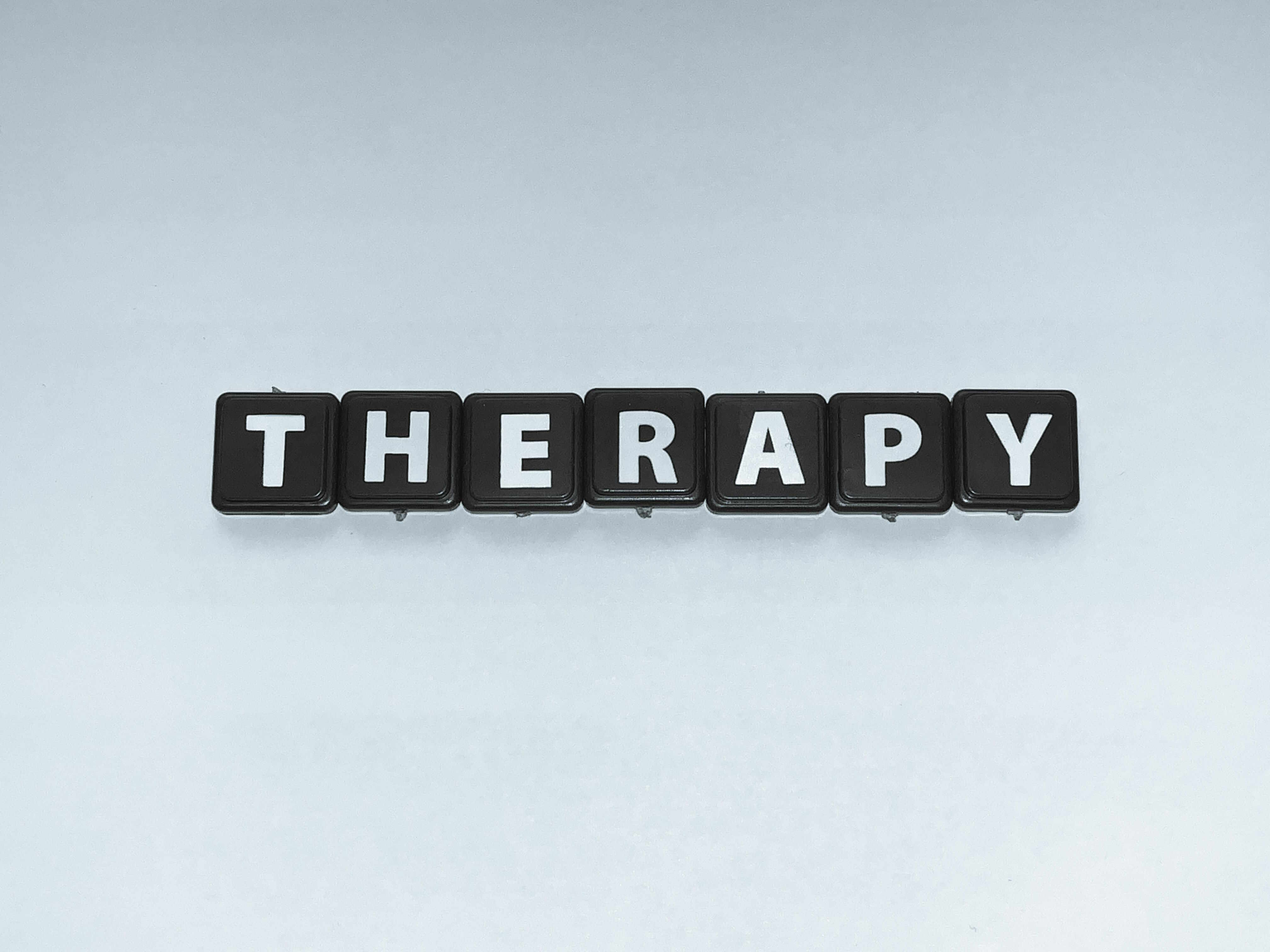Bipolar Disorder: How Testing Can Help You Understand Your Mind
If you’re facing intense mood swings, bursts of energy, or deep lows, a bipolar test can help you understand what’s happening. Learn how testing works, what signs to look for, and when it’s time to seek support for your mental well-being and balance.

What Are the Key Bipolar Disorder Signs to Watch For?
Recognising the warning signs of bipolar disorder is crucial for early intervention and proper treatment. The condition is characterised by distinct episodes of mania or hypomania and depression that significantly impact daily functioning. During manic episodes, you might experience elevated mood, increased energy, reduced need for sleep, racing thoughts, and impulsive behaviour. These periods often feel euphoric initially but can lead to poor decision-making and strained relationships.
Depressive episodes present differently, involving persistent sadness, loss of interest in activities, fatigue, difficulty concentrating, and sometimes thoughts of self-harm. What makes bipolar disorder unique is the cyclical nature of these mood states, often with periods of stability in between. The intensity and duration of episodes vary between individuals, making professional assessment essential for accurate diagnosis.
How Does Professional Bipolar Testing Actually Work?
Professional bipolar testing involves a comprehensive psychiatric evaluation conducted by qualified mental health professionals. The process typically begins with a detailed clinical interview where your psychiatrist or psychologist will explore your medical history, family history of mental health conditions, and current symptoms. They’ll examine patterns in your mood changes, sleep habits, energy levels, and behavioural patterns over time.
Mental health professionals use standardised diagnostic tools and questionnaires, such as the Mood Disorder Questionnaire (MDQ) or the Bipolar Spectrum Diagnostic Scale (BSDS). These assessments help identify specific symptoms and their severity. The evaluation process may take several sessions, as professionals need to observe patterns and rule out other conditions that might present similar symptoms, such as depression, anxiety disorders, or personality disorders.
Can Online Bipolar Tests Provide Accurate Results?
Online bipolar tests can serve as useful preliminary screening tools, but they cannot replace professional diagnosis. These digital assessments often include questions about mood patterns, energy levels, and behavioural changes that mirror professional screening tools. While they may help you identify potential concerns and provide insight into your experiences, they lack the nuanced evaluation that qualified professionals can provide.
The limitation of online tests lies in their inability to consider the full context of your experiences, medical history, and the complex interplay of factors that influence mental health. They cannot account for other conditions that might mimic bipolar symptoms or provide the comprehensive assessment needed for accurate diagnosis. However, online tests can be valuable for encouraging individuals to seek professional help when results suggest potential concerns.
Are There Different Types of Bipolar Disorder Testing Methods?
Mental health professionals employ various testing methods to diagnose bipolar disorder comprehensively. Clinical interviews remain the cornerstone of assessment, allowing professionals to gather detailed information about your experiences and symptoms. Standardised rating scales and questionnaires provide structured ways to measure symptom severity and track changes over time.
Some professionals may use mood tracking charts, asking you to monitor your daily mood, energy levels, and sleep patterns for several weeks. This data provides valuable insights into cyclical patterns that characterise bipolar disorder. Additionally, psychological testing may include cognitive assessments to evaluate how mood episodes affect thinking and decision-making abilities. Blood tests might be conducted to rule out medical conditions that could cause similar symptoms, such as thyroid disorders.
When Should You Seek Professional Bipolar Testing?
Seeking professional bipolar testing becomes important when mood changes significantly impact your daily life, relationships, work, or overall functioning. If you’ve experienced distinct periods of elevated mood lasting several days, accompanied by increased energy, reduced sleep needs, and impulsive behaviour, professional evaluation is warranted. Similarly, if you’ve had episodes of depression alternating with periods of unusual energy or mood elevation, testing can provide clarity.
In the UK, accessing mental health services typically begins with your GP, who can provide initial assessment and referral to specialist services. The NHS offers comprehensive mental health support through Community Mental Health Teams (CMHTs) and specialist bipolar services in many areas. Private options are also available for those seeking quicker access to specialist assessment, with many qualified psychiatrists and psychologists offering bipolar disorder evaluations across the country.
Understanding Costs and Accessing Support Services
The cost of bipolar disorder testing and treatment varies significantly depending on whether you choose NHS or private healthcare options. NHS services provide free access to mental health assessment and treatment, though waiting times can vary by location and service demand. Private psychiatric assessments typically range from £300 to £800 for initial consultations, with ongoing therapy sessions costing between £80 to £200 per session.
| Service Type | Provider | Cost Estimation |
|---|---|---|
| NHS Assessment | Local Mental Health Trust | Free |
| Private Psychiatric Assessment | Priory Group | £400-£600 |
| Private Psychology Assessment | Harley Street Specialists | £350-£800 |
| Online Therapy Platforms | BetterHelp UK | £40-£70 per week |
| Private Counselling | BACP Registered Therapists | £50-£120 per session |
Prices, rates, or cost estimates mentioned in this article are based on the latest available information but may change over time. Independent research is advised before making financial decisions.
Professional bipolar testing represents a crucial step toward understanding and managing your mental health effectively. While the process may seem daunting, proper diagnosis opens doors to targeted treatments, support systems, and strategies that can significantly improve your quality of life. Remember that seeking help demonstrates strength and self-awareness, not weakness, and professional support can provide the tools needed to manage bipolar disorder successfully.
This article is for informational purposes only and should not be considered medical advice. Please consult a qualified healthcare professional for personalized guidance and treatment.




